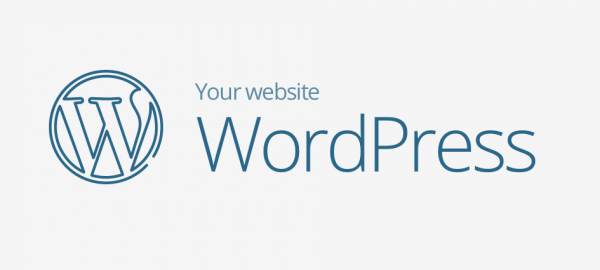Most businesses now have a website. But if you suffer website downtime or it’s slow to load, then it’s going to impact on your customers. Visitors expect sites to load in no more than a couple of seconds and if they don’t then they will quickly go elsewhere and you’ll lose sales.
Website downtime
A slow site will affect your search engine rankings. Google and other search engines prefer fast sites and, consequently, they will rank higher in search results. Good performance will, therefore, be just as important for your SEO as having good content and effective keywords.
So, what are some of the most common problems and what can you do to ensure your website maintenance is on top of its game and your site is delivering the best performance for visitors?
Hosting issues
One of the most important elements in the speed and reliability of a website is the quality of the hosting service that you use. Low-cost hosting services are often shared, in other words, your site is on a server with that of many other companies. This can mean that your site’s performance can suffer through no fault of your own – if another site has a spike in traffic, for example.
Shared hosts also tend to limit the amount of traffic your site can handle, by restricting the number of concurrent connections, or limiting the amount of CPU time it can use.
If your business is heavily reliant on the web, you may be better off switching to a dedicated host where your site has a server to itself, or at least to a host that allocates fewer customers to each of its servers.
It’s also a good idea to monitor your site so that you are alerted when there is a problem. There are a number of free services available that allow you to do this, or check with your host to see if they offer one.
Cyber attacks
The internet can be a pretty wild place and a key part of your website maintenance should be to protect against malware and attacks. Distributed denial of service (DDoS) attacks can bring a website to its knees, and bot and proxy traffic can slow your site down too.
As a basic security measure, you should keep your site’s software up to date. If you are using WordPress, for example, ensure that you are on the latest version and that any plug-ins that you use are up to date. You should also use a good web application firewall to prevent malicious traffic from reaching and affecting your site.
WordPress plug-ins
One of the reasons for WordPress’ popularity as a content management platform is the ability to enhance its functionality with the addition of plug-ins. But plug-ins can also be a source of problems. A poorly designed plug-in or a bad update can be enough to disrupt the entire site.
Backups
It’s also a good idea to ensure that your site is backed up regularly – either by your host or by you – so that if an update does cause a problem you can easily roll back to an earlier, good version.
We know a great web host…
Our Web Hosting packages come with top security features built-in and are built on super secure Dell hardware. We give unlimited bandwidth on all of our hosting packages so you never need to worry about hitting limits. You’ll benefit from a guaranteed 99.9% uptime, plus you can get support whenever you need it from our hosting gurus. We can also set up backups for you so that if you suffer a loss of data, you can reinstate your site with just a few clicks in your Online Control Panel. Sound good? View our Web Hosting packages or call us on 01 5255768.
